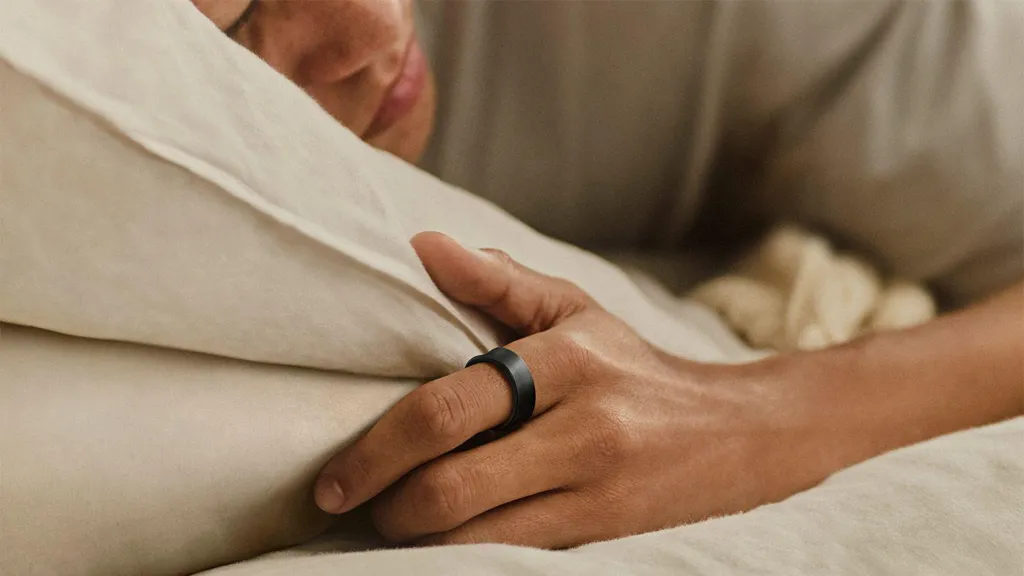Samsung is diving headfirst into the smart ring market with its latest wearable, the Galaxy Ring.
Unveiled at their Galaxy Unpacked event, the Galaxy Ring aims to leverage AI to become a leader in health and fitness tracking.
Smart rings, though a niche product so far, gained recent attention with their use by the England men’s football team. Samsung’s entry is significant as it’s the largest tech company yet to enter this space.
Analysts are divided on the market potential. CCS Insight estimates a global market of just 4 million units by 2025, dwarfed by the projected 250 million smartwatches. However, IDC believes Samsung’s brand recognition could propel smart rings into the mainstream.
What are Smart Rings?
Smart rings track health metrics like heart rate, sleep, and menstrual cycles. Currently dominated by Oura, they’ve become a fitness fashion statement for celebrities. Their sleek design and small size might position them as successors to bulkier smartwatches.
Galaxy Ring: Discrete Tracking
Samsung touts the Galaxy Ring as its “smallest and most discrete product yet,” offering continuous health, wellness, and sleep tracking. While smartwatches offer more data due to additional sensors, smart rings like the Galaxy Ring provide a comfortable and stylish alternative for those who prefer a less intrusive approach, especially for sleep tracking.
Ecosystem and Data Privacy Concerns
The Galaxy Ring integrates with Samsung’s Android ecosystem, requiring an Android 11 phone and the Samsung Health app. However, some AI features are exclusive to Galaxy devices.
Dr. Efpraxia Zamani highlights the potential benefits of a connected health ecosystem but warns users to be cautious about data collection practices. She emphasizes the importance of understanding how data is collected, used, and shared, especially considering the past controversies surrounding period tracking apps.




